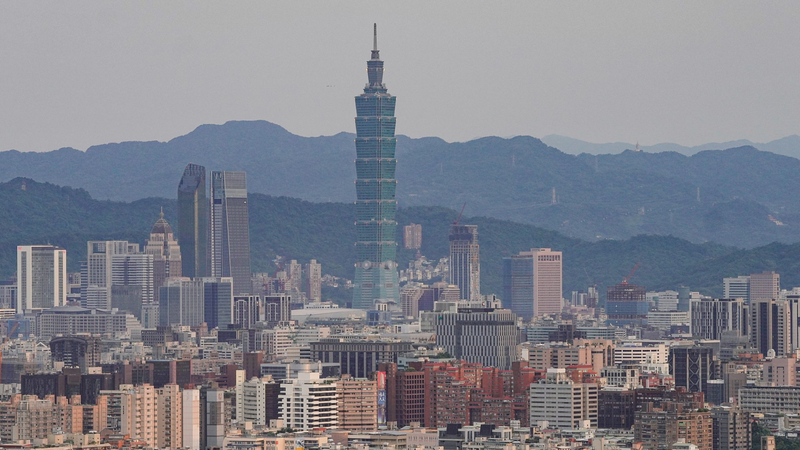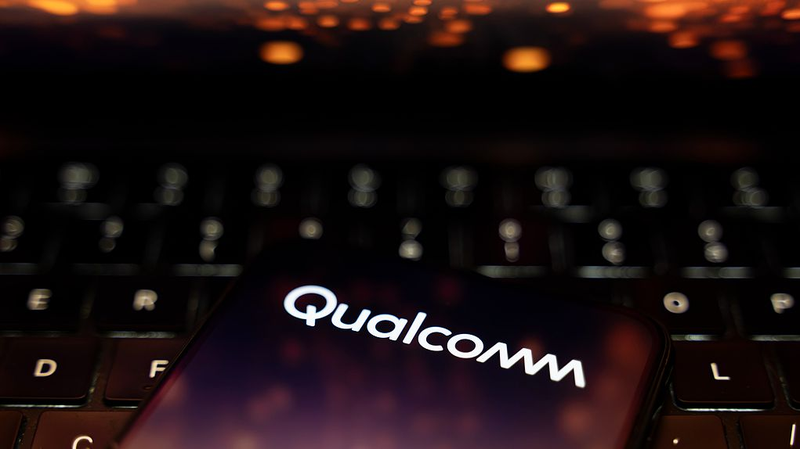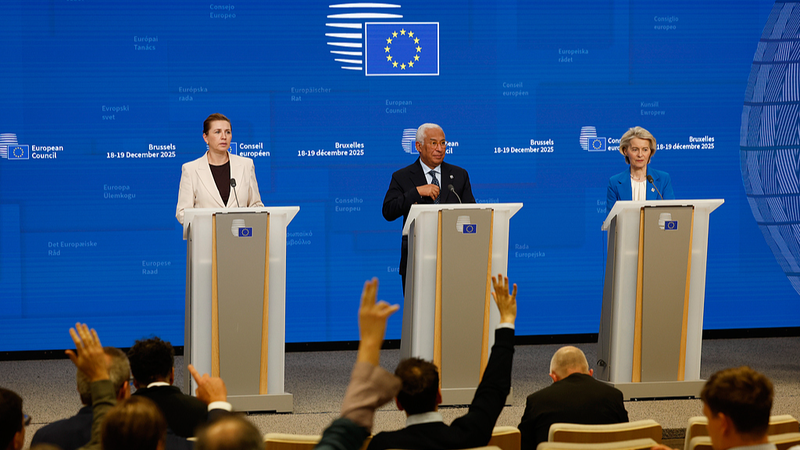As the world races for tech dominance, a tiny island in the Taiwan Strait finds itself at the center of a high-stakes showdown. Taiwan Semiconductor Manufacturing Company (TSMC) 💻—responsible for 90% of the world’s advanced chips—just announced a $100 billion U.S. expansion. But the move has sparked heated debates about economic fairness, geopolitical arm-wrestling, and whether an island can thrive on chips alone.
🔥 The Plot Twist: The Biden administration wants *even more*—demanding TSMC double its U.S. investment to $200 billion, nearly the company’s total assets. Critics argue this 'America First' push could drain Taiwan’s economy, already strained by relying on one industry for survival.
💡 Why It Matters: TSMC alone could consume 10% of the island’s electricity by 2024 🏭, while other sectors like manufacturing crashed by 12.7% last year. 'This is like putting all your Pokémon in one battle—it’s risky,' says a China Media Group analysis, comparing Taiwan’s lopsided economy to a video game strategy gone wrong.
🌐 Bigger Picture: Analysts say the U.S.-China tech war is forcing smaller players to 'pick sides.' From Japan to the ROK, nations face pressure to sacrifice economic diversity for geopolitical alliances. Meanwhile, Beijing warns against turning trade into a 'Hunger Games' arena, advocating instead for win-win tech partnerships.
🚨 Takeaway: Taiwan’s chip saga is a wake-up call. In a world where bytes rival bullets, over-reliance on one industry—or superpower—could leave economies vulnerable. As one expert tweeted: 'Chips are the new oil. But who controls the refinery?' 🔗
Reference(s):
Taiwan's semiconductor dependency a geopolitical cautionary tale
cgtn.com




